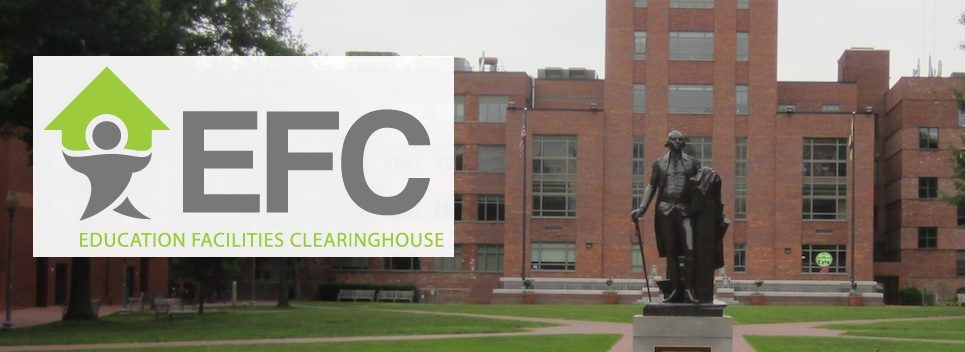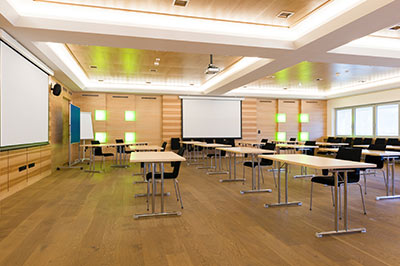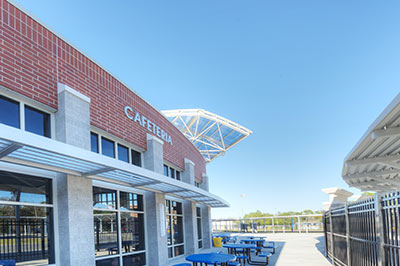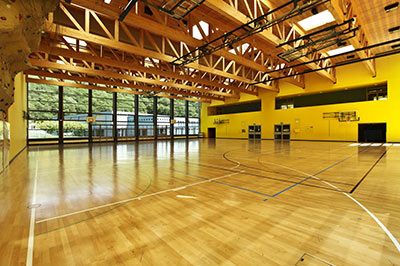University of Massachusetts Amherst / adaptiveNOW.com (2012).
The UMass Permaculture Initiative is a unique, cutting-edge sustainability program that converts unproductive grass lawns on campus into ecological, socially responsible, and financially sustainable permaculture landscapes that are easy to replicate. Since the Initiative’s inception, over 1,500 volunteers have come together to design, implement, and maintain our three gardens. Through community support and a partnership with UMass Dining Services, the UMass Permaculture Gardens provide the campus dining halls with more than a thousand pounds of hyper-local, organic food each year. Permaculture is a natural fit in a campus setting. UMass's highly visible gardens are an excellent educational tool and provide opportunities for service-learning on campus. In addition to implementing gardens, UMass Permaculture offers a range of community building events, workshops, and educational opportunities to engage UMass and broader communities around regenerative and resilient communities and ecosystems. For more information, visit www.UMassPermaculture.com









